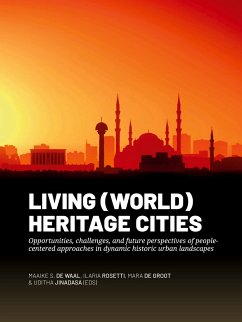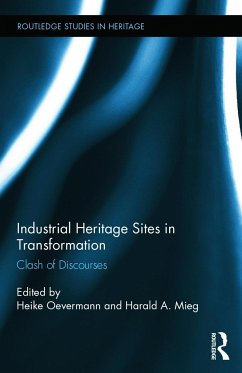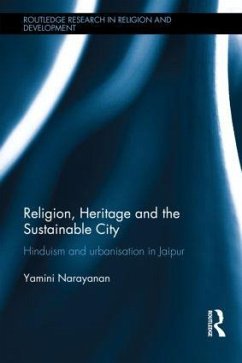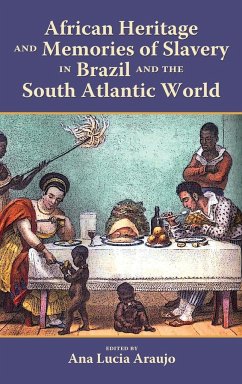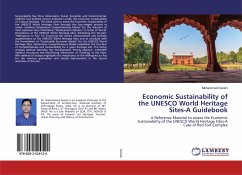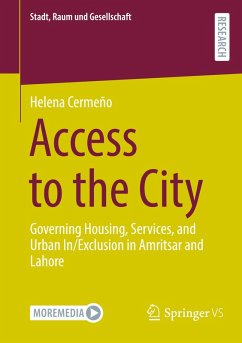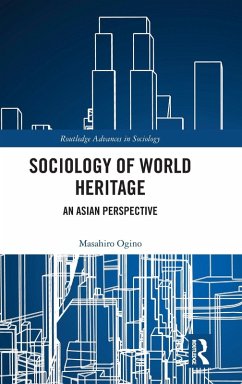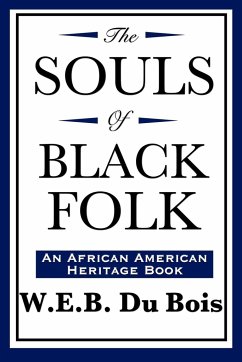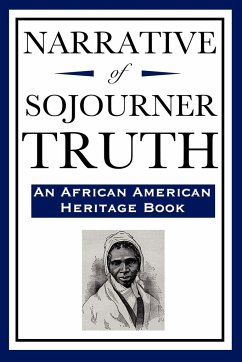
Living (World) Heritage Cities
Versandkostenfrei!
Versandfertig in 1-2 Wochen
41,99 €
inkl. MwSt.

PAYBACK Punkte
21 °P sammeln!
Cities are in a constant process of change and are the theater of interaction among people and their complex, historically multi-layered, culturally diverse living environment. Therefore, various interests, needs, and values affect these dynamics of interaction and urban change, which bring challenges and opportunities for the development of cities. Particularly, when urban development deals with such complex living environment and the management and conservation of both listed and non-listed heritage - as in the case of World Heritage cities - a variety of public and private, and global and l...
Cities are in a constant process of change and are the theater of interaction among people and their complex, historically multi-layered, culturally diverse living environment. Therefore, various interests, needs, and values affect these dynamics of interaction and urban change, which bring challenges and opportunities for the development of cities. Particularly, when urban development deals with such complex living environment and the management and conservation of both listed and non-listed heritage - as in the case of World Heritage cities - a variety of public and private, and global and local stakeholders are affected by processes of change.Inclusive approaches in the negotiation of these changes that involve all these actors is increasingly advocated for a more sustainable urban development. In the past three decades, the emergence of the so-called living heritage approach promotes the empowerment of those communities, groups, and individuals that keep heritage alive in participating in decision-making over the management of urban developments, and heritage management and conservation that affect them. The preservation of their continuous relationship with their heritage is considered key to fostering the mutual benefit of cities, heritage, and society. While research worldwide offers examples of best practices, the implementation of these approaches still faces many barriers and new challenges.This book aims to explore how (World) Heritage Cities are dealing with the preservation of their living heritage, what is needed for its effective management, what approaches are adopted, and what challenges and opportunities are encountered. Results offer an overview of current practices, which also include some of the first testimonies of their evolution in the time of a global pandemic (COVID-19), that can inform future research and urban strategies.



